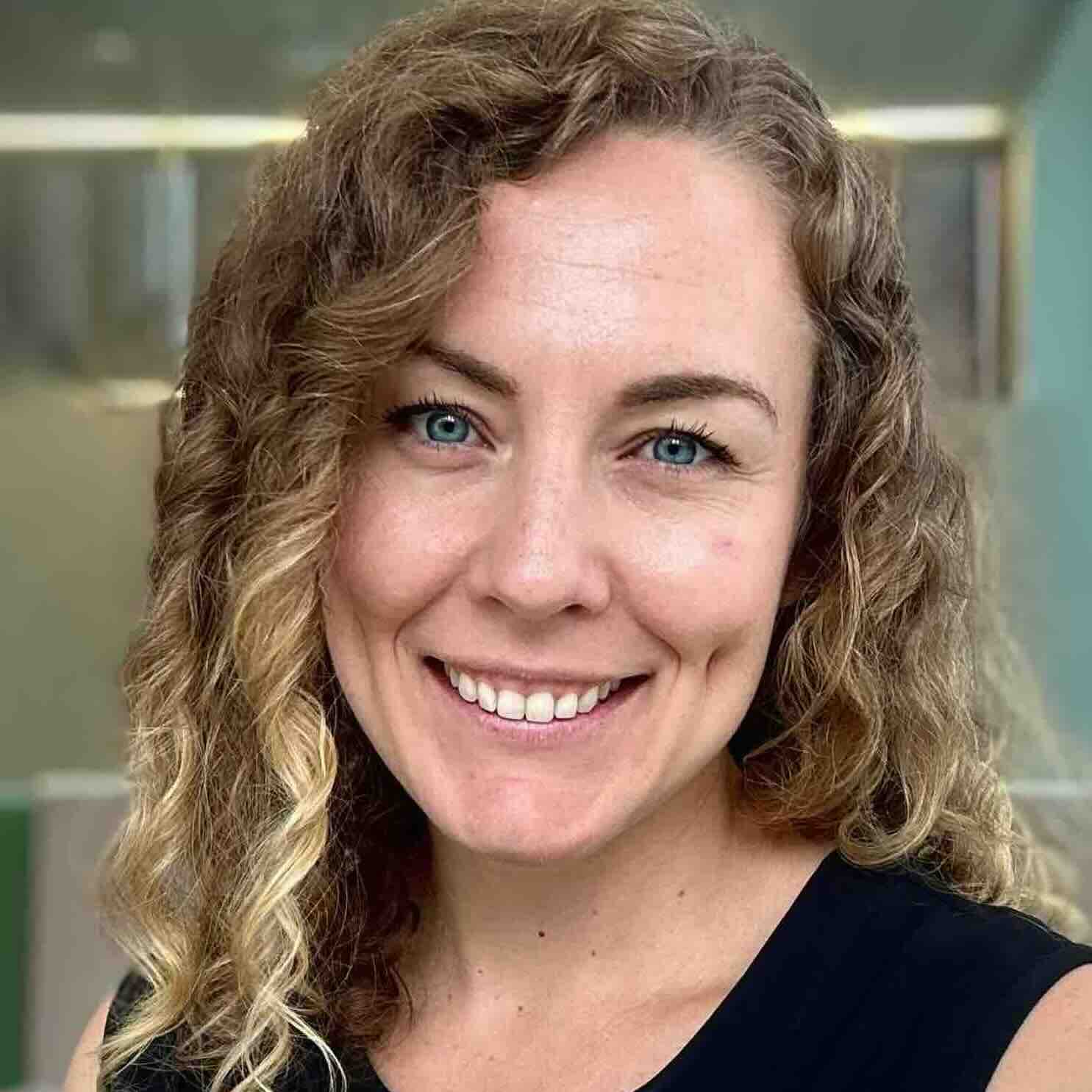Hi phage friends!
It’s been a while since I’ve written one of these — Jan has been doing the roundups for at least a year now (I’ve lost track?).
I’ve been back in the lab, this time at the Bollyky Lab at Stanford. I still haven’t found time to write about it, but I will soon. It’s been almost 6 months already?!
This month we were partly gone to Canada, but we still covered a bunch — from AI tools for data analysis (what Jan’s been deep into these days), to a podcast interview I did with Joe Campbell on phage grant funding (what I’ve been spending most of my time thinking about this summer), to an exciting guest post from the organizers of the Colombia phage meeting happening this December! (So excited for this — we will be there! So nice to finally be in flying distance of a key phage meeting). I didn’t realize until reading the post that there’s been a tight knit community doing phage science and hosting meetings and workshops for a decade in Latin America. (I just knew many of them as some of my favourite salsa dancing phage friends from Evergreen meetings over the years — the much loved Colombian contingent!) Absolutely cannot wait to go see what it’s like down there for real — come join us!
With that said, here’s what we covered in August:
by Jan Zheng
In this blog post, Jan shares insights from an experiment at Sphinx Bio to use AI for extracting data from messy spreadsheets in biology labs. He explores various approaches, including ChatGPT’s Data Analyst, which showed promise in explaining and extracting data from complex spreadsheets. Jan’s team built “Slice & Dice,” a web application to test different extraction strategies. They faced challenges with LangChain and OpenAI’s Assistants API, finding issues with reliability, speed, and cost-effectiveness. A simplified approach using chained prompts with GPT-4 and Claude Opus showed better results but was still slow. The integration of the Llama 3 model with Groq’s fast inference capabilities significantly improved speed, enabling new user experience paradigms. Jan suggests several strategies for future exploration, including using common data patterns, chained agents, navigation tools for models, and co-creation interfaces. He emphasizes the importance of efficient spreadsheet data extraction for labs and invites readers to explore their demo and contribute to the open-source project. Jan concludes by hinting at ongoing work on more spreadsheet-centric tools to be shared in the coming months.
by Jessica Sacher
In a new Podovirus podcast episode, transcribed and published in C&T as a blog post, I interviewed Joe Campbell, former program officer at the National Institute of Allergy and Infectious Diseases (NIAID), about his career and the evolution of phage therapy research since he’s been there. Joe discusses his role in shaping phage research funding at NIAID, including the creation of phage-specific grant calls and the growth of the ‘Bacteriophage Interest Group’. He reflects on the changing perception of phage therapy in the scientific community, from initial skepticism to increased acceptance. Joe highlights the importance of the Tom Patterson case in raising awareness and credibility for phage therapy. He also discusses the roles of phage therapy centers like Phage Canada and Phage Australia alongside biotech companies in advancing the field. Joe emphasizes the need for rigorous clinical trials to optimize phage therapy while balancing the urgent need to treat patients. He concludes by acknowledging the progress made in the field, noting that phage therapy is no longer seen as an underdog approach, but still faces challenges in terms of economic viability and optimizing treatment protocols.
by Natalia Echeverría, Florencia Payaslián, Dácil Rivera, Santiago Hernández
This blog post traces the growth of the Latin American phage community, initiated by connections made at the 2011 Evergreen Bacteriophage Conference. It highlights the International Course on Bacteriophages at the University of Buenos Aires, established in 2015 by Mariana Piuri and Raúl Raya. The authors describe the course’s structure, featuring lectures from international experts and hands-on lab work, and its success in attracting students from 15 Latin American countries. They note the establishment of the Argentinian Network of Bacteriophages in 2019 and the first two Latin American Phage Meetings. The post concludes by announcing the upcoming 3rd Latin American Phage Meeting (Phage Option 2024) in Colombia, emphasizing these initiatives’ role in advancing phage research and addressing regional challenges in resource-limited settings.
C&T Throwback!
Remember PHAVES, our pandemic-born Zoom webinar club? (It’s all still alive and well on youtube if you ever want to catch your favourite researcher’s seminar, or catch a bioinformatics workshop to brush up on phage annotation!).
I was thinking recently about when we hosted Dr. Paul Jaschke for PHAVES 10. His talk on “Learning how to engineer genomes by building phage” was a fascinating deep dive into synthetic genomics using the ΦX174 phage. Paul walked us through his work on decompressing the ΦX174 genome and exploring its cryptic genes, showing how these changes affected phage fitness and structure. It was particularly interesting to learn about the trade-offs between removing gene overlaps and maintaining phage fitness. Paul also teased some tools his lab built, including a Plaque Quantification Tool.
So that’s it, see you in September!
~ Jess and Jan







